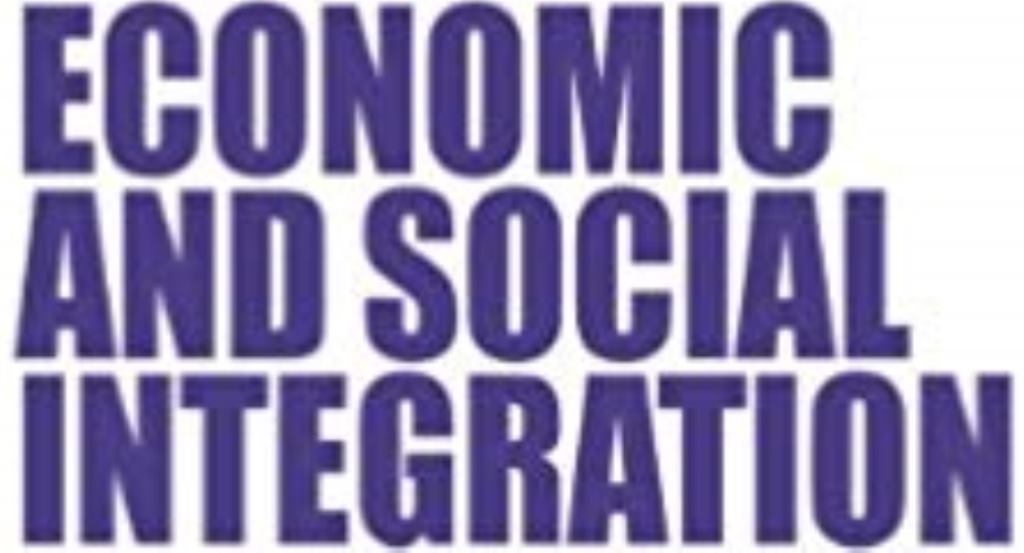
Our Projects are
Transforming African Trade
Quick Contacts
2nd Floor, Fidelity Insurance Centre Waiyaki Way, Westlands

THE German development agency – GIZ is supporting the East African Community (EAC) in two new programmes on regional economic and social integration.
EAC Secretariat and the EAC GIZ programme signed an implementation agreement worth 16 million U S dollars for continuing support for EAC regional integration through their support to East African Market Driven and People Centred Integration East Africa (SEAMPEC) and Pandemic Preparedness programs.
GIZ Country Director for Tanzania and EAC, Dr Mike Falke, said that through the targeted work in sectors including agro-processing, pharmaceuticals as well as services sectors such as tourism and ICT, SEAMPEC aims to facilitate the improvement of framework conditions to help create more competitive industries and cross border opportunities.
“GIZ and the Secretariat have been developing and managing key projects working with partners across the EAC region with a focus on making the Common Market, Customs Union and integration a reality.”
The programs are managed through the EAC-GIZ partnership to continue grow regional economic and social integration that already has a significant impact in the region.
The SEAMPEC program, through its multiple cross-cutting initiatives, takes a holistic approach to regional integration that encompasses civil society as well as the public and private sectors.
“Through the SEAMPEC program many businesses and civil society organizations have all benefited from collaborating on the ground and high-level networking and coalition activities. We are proud to continue implement programs that are showing real results and bringing tangible benefits to the citizens of the EAC,” said Dr Falke.
Another 3 million U S dollars of the funding are going towards the ‘Support to Pandemic Preparedness in the EAC Region’ project, which started in March 2017 and entered its second phase in September 2019.
The project is working closely with the EAC to implement the Regional Contingency Plan under the interdisciplinary and multisectoral One Health approach and to establish the discipline of risk and crisis communication in the region.
It supports the EAC Secretariat in its coordinating and advisory role in the prevention and response to cross-border outbreaks.
The project builds on important preparatory work and ensures that when pandemic health threats become a reality, EAC countries are in the best position to respond.
GIZ Project Manager, Ms Irene Lukassowitz, said that diseases such as Ebola and Dengue Fever are claiming lives and destroying livelihoods.
High population density, increasing cross-border trade, climate change and many other factors increase the risk of spreading these infectious diseases.
“Being ready to respond and having the tools and expertise to be effective in emergency situations is crucial,” said Ms Lukassowitz, adding that following a successful cross border field simulation exercise between Kenya and Tanzania in June 2019, another field simulation exercise at the border between South Sudan and Uganda in 2020 will prepare the region better.
Germany’s development cooperation, on behalf of the German Federal Ministry for Economic Cooperation and Development (BMZ) and the European Union (EU ), has to date contributed to the regional integration in East Africa through a variety of programs and projects aimed at building up regional expertise and value adding to trade, industrial development, innovation and investment.
GIZ Cluster Coordinator, Dr K irsten Focken noted that GIZ has been working with the EAC for over 20 years, building capacities and expertise at the EAC Secretariat and for regional stakeholders.
SEAMPEC and the Pandemic Preparedness program already have many achievements and by continuing to grow these initiatives and invest in their successes we are confident that real EAC development is happening.
Source: Dailynews
Disclaimer: The views and opinions expressed in this article are those of the authors and do not necessarily reflect the official policy or position of TradeMark Africa.